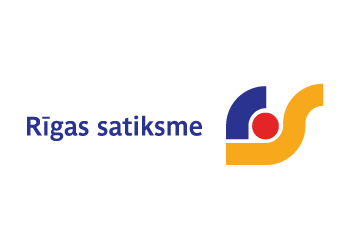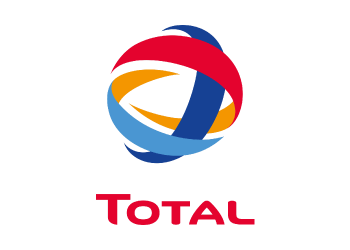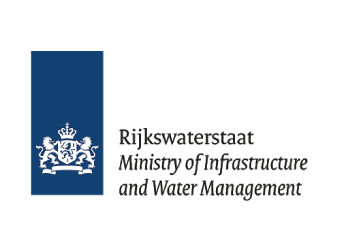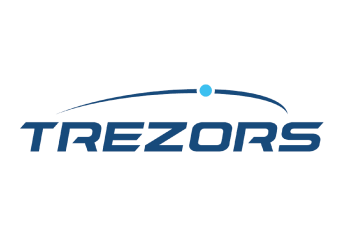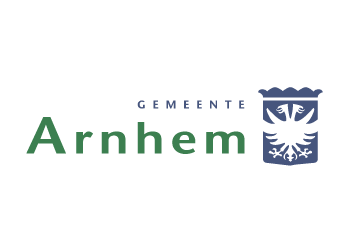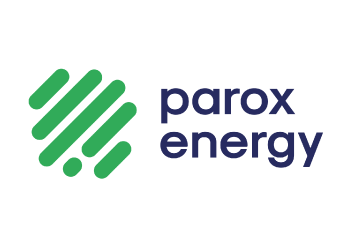The H2Nodes Final Event Webinar took place on December 8th and saw project partners gather virtually to bring the project to a close. The webinar covered presentations of technical solutions and pilot deployment, strategic recommendations and lessons
learnt for future H2 Mobility projects along the North Sea-Baltic Corridor and held an insightful Questions and Answers session with participants from around 14 countries.
H2Nodes project – Welcome addresses and project introduction
The event kicked off with a welcome address from Jorgo Chatzimarkakis, CEO of Hydrogen Europe who remarked on the exceptional time for hydrogen and the importance of projects such as H2Nodes to support the development of the hydrogen sector on the North Sea Baltic corridor.
Andris Lubans, Board Member of Rigas Satiksme, the H2Nodes project coordinator welcomed participants to the final event. Mr Lubans reflected on the origins of the project and explained how during the inception phase of the project in 2014, all partners understood the need to accelerate the move towards clean transport and find a solution to mitigate contributions to climate change, and so the research and project development leading to H2Nodes began. In Riga specifically, a technical solution was needed to support the shift toward zero emission solutions for public transport operation for trolley buses on routes where full electrification was not appropriate but for which hydrogen trolleybusses could be suitable. The project allowed the delivery of 10 first of a kind hydrogen trolley buses and a hydrogen refuelling station for real world operation in Riga. The final welcome was given by the Head of Innovation & Alternative Fuel Sector at CINEA, Richard Ferrer. Mr Ferrer proclaimed that H2Nodes is “one of the first H2 delivery projects [which] displays how a European project should work. With cooperation between public and private operators, ensuring all stakeholders are involved, [and being] managed by three Member States along the North-Sea Baltic TEN-T Corridor”. Partners involved demonstrated a “front runner spirit” which led to great project achievements. Mr Ferrer explained that “hydrogen is high on the agenda of the European Commission” and CINEA will be support new projects of this type in the future.
H2Nodes project – presentations of technical solutions and pilot deployment
H2Nodes project partners in the three Member States gave presentations of technical solutions and pilot deployment. Didzis Stepe, Head of Project Management team at Rigas Satiksme, explained how the public transport operator’s future objective is to use their Riga HRS at full capacity. To do this, they will investigate procuring 10 hydrogen buses or trolley busses to join their existing fleet of 10 Solaris Trollino 18.75H hydrogen trolleybuses operating in Riga already, deployed through the H2Nodes project.
TotalEnergies representative, Jochem de Jong, highlighted the key lessons learnt and recommendations to parties deploying hydrogen refuelling infrastructure. He highlighted how important it is to keep in contact with station users, as they are pioneers in hydrogen mobility and can provide invaluable feedback to consider in future actions.
The Estonian partner, Parox Energy, gave a brief overview of demand aggregation activities that took place in Parnu. No deployment was possible in Estonia, but the project contributed to create interest and a number of projects are now in development. City of Tartu representative, Jaanus Tamm, announced plans for hydrogen projects starting in 2023 as well as pilot deployments of autonomous hydrogen buses and hydrogen bicycles.
Strategic recommendations and lessons learnt for future H2 Mobility projects
Trezors, the partner responsible for feasibility studies on the Eastern part of the corridor, presented country reports on findings of the project. Specifically, he focussed on Poland, Lithuania, Latvia and Estonia.
Findings from the Western part of the corridor were presented by Sacha Scheffer, of the Netherlands Ministry for Infrastructure and Water Management. He gave an overview of hydrogen mobility developments across the Netherlands, Belgium and Germany as well as an insightful presentation on the HRS network the North Sea Baltic TEN-T corridor.
The final presentation at the Webinar was given by Element Energy Consultant, Simon King. This covered Milestone report 21 ‘Analysis of cost-effective routes for cities moving towards sustainable transport’, which will be available on the H2Nodes website soon.
The webinar closed with a Question and Answer session where moderator, Aivars Starikos of Hydrogen Europe, expressed how H2Nodes is the kind of project which is necessary to create learnings for deployment and prepare for further deployment. The H2Nodes provide invaluable learning to parties interested in deploying hydrogen infrastructure, public transport, and vehicles.
Throughout the Project lifetime, H2Nodes was supported by external subcontractors with dedicated expertise including the team from Element Energy who supported the overall delivery of the project.
The project partners would like to thank CINEA and the European Commission for the funding and support that has allowed project partners to complete H2Nodes.
A recording of the webinar can be found here.


